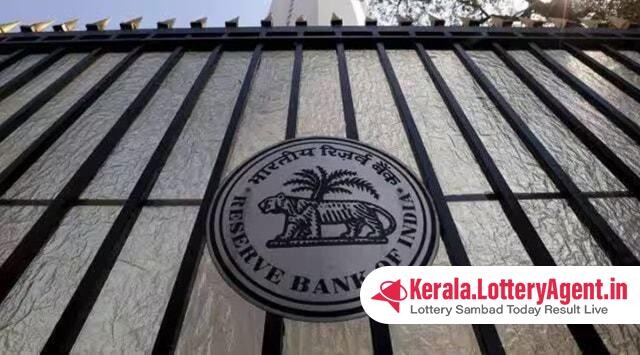
In a recent wave of positivity, Indian consumers have expressed robust confidence in the country’s economic prospects, signaling a bright outlook for income, spending, employment, and inflation levels in the coming year. Findings from the latest surveys conducted by the Reserve Bank of India (RBI) reveal a conspicuous optimism that promises to shape market trends and consumer behavior.
The RBI’s Consumer Confidence Survey (CCS), which quantitatively assesses the pulse of urban households, indicates that consumers hold an increasingly favorable view of the current economic climate. The current situation index (CSI), representing this sentiment, climbed by 3.4 points to reach 98.5 – a peak not observed since mid-2019. This figure emerges from the collective rise in confidence across multiple economic parameters, including the economic situation, income, spending, and notably, employment.
Moreover, this sentiment is not anchored in the present alone. When casting an eye towards the future, Indian consumers exhibit even greater confidence. This is captured in the future expectations index (FEI), which has ascended by 2.1 points to a promising 125.2, mirroring its highest point since mid-2019. Both CSI and FEI derive from net responses on various economic indicators, offering a comparative snapshot between current conditions and those from a year ago as well as projections for the year ahead.
The core of this optimism is particularly strong in terms of economic situation and employment opportunities. For both the present and anticipated future, there’s a marked improvement in perceptions. There’s also an evident sense of progress in income situations, with a collective expectation that incomes will continue to see an uptick in the forthcoming year.
This optimistic tableau is painted based on responses gathered from March 2-11, 2024, across 19 major cities incorporating a significant cross-section of 6,083 urban households, with a notable representation of female respondents at 50.8 percent.
Complementing the CCS is the RBI’s Households’ Inflation Expectations survey, which offers insights into how Indian households perceive inflation trends. The outcome from this survey suggests a gradual easing in the fears of rising prices. Inflation expectations for the coming three months and the following year have both shifted down by 20 basis points, settling at 9 percent and 9.8 percent, respectively. This aligns with the broader consensus that sees a moderation in the general price levels, spanning across a range of product groups over comparable periods.
An intricate link remains between household expectations of inflation and the staples of daily life – food prices and housing-related expenses. These, according to the survey, remain critical determinants of the inflation outlook for the next one-year horizon.
In terms of fiscal year 2025, the RBI sets an inflation target of 4.5 percent broken down quarterly with projections of 4.9 percent, 3.8 percent, 4.6 percent, and finally 4.5 percent across the four quarters, respectively.
Friday’s monetary policy announcement brought attention to the words of RBI Governor Shaktikanta Das, who emphasized the persisting uncertainties particularly in food prices. According to Das, monetary policy should maintain an active disinflationary stance to ensure that inflation expectations are well-anchored, and to guarantee the complete transmission of past policy actions. Despite the prevailing economic confidence, the Monetary Policy Committee (MPC) wisely opted to maintain the status quo with the key policy rate held unchanged at 6.5 percent.
The resounding message from the surveys and forecasts is clear: Indian consumers are walking into the financial year with their heads held high, anticipating a stable and improved economy, with hope for a decrease in inflation pressures. Whether these expectations will hold true remains to be observed in the unfolding chapters of India’s economic narrative.












